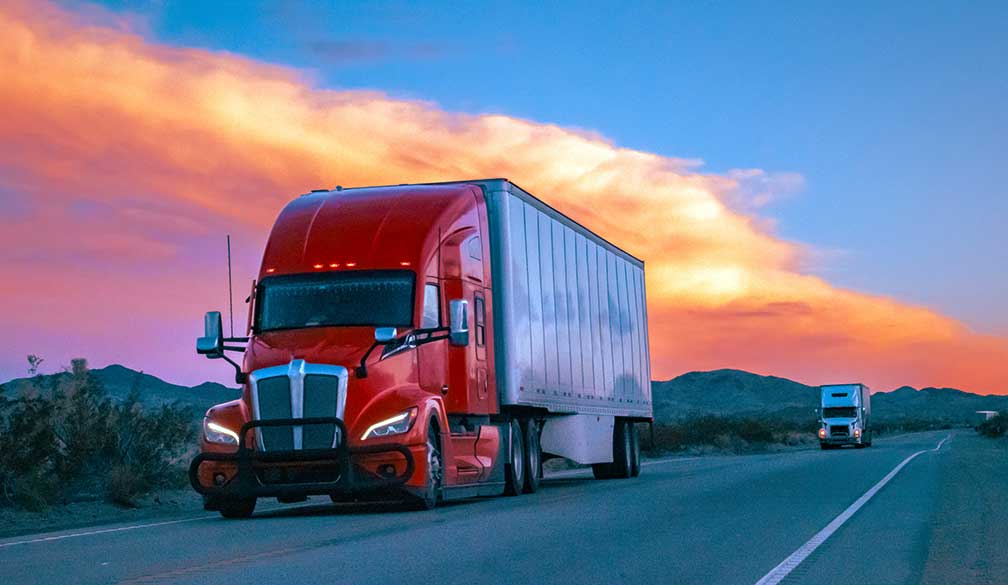Changing Landscape in Trucking
It’s evident that the trucking industry is set to undergo transformation as the new Trump administration takes root in Washington.
Many experts are optimistic about the future after what may have been one of the longest economic downturns the industry has ever faced. The Truckload Carriers Association, along with other industry organizations, is actively advocating for changes in federal laws and regulations, leading trucking stakeholders to look forward to potential advancements in the legal landscape.
Current Legal Challenges Faced by Motor Carriers
Our recent discussion with the team at Scopelitis, Garvin, Light, Hanson & Feary, P.C. highlighted some significant legal challenges confronting motor carriers today. Among the top five concerns are:
1. Accident Liability
“The trucking sector is currently dealing with an overwhelming trend of substantial verdicts in accident liability lawsuits,” mentioned Prasad Sharma, a partner at Scopelitis. He added that aggressive tactics from plaintiff attorneys, passionate juries, and the inadmissibility of prejudicial testimony have all contributed to these increasing verdict amounts, which ultimately raises insurance costs for carriers.
Sharma emphasized that the last few years have seen progress in civil justice reform efforts, with expectations for further advancements in 2025.
2. Independent Contractor Classification
The independent contractor (IC) model has faced scrutiny on both federal and state levels in recent years. There’s concern that rulings from the Biden administration may compel businesses to classify owner-operators as employees. Greg Feary, also a partner at Scopelitis, anticipates IC classification to remain a pressing issue this year. He notes a potential return to an entrepreneur-focused view in the classification of owner-operators, reflecting a shift from the Biden-era rules.
3. Potential FMCSA Regulatory Changes
Regulatory shifts at the U.S. Department of Transportation (DOT) and its agencies, particularly the FMCSA, remain critical. Chris Eckhart reports that the FMCSA is likely contemplating proposed rules on crucial issues, including the revision of its Safety Measurement System and updates to the safety fitness determination procedure, set to occur in 2025.
4. Drug and Alcohol Testing Issues
Legal challenges related to drug and alcohol testing could arise, especially with the differing state laws concerning marijuana usage. Eckhart highlights that while DOT regulations prohibit marijuana use, they do not necessarily mandate termination for drivers who complete a substance abuse program.
5. Broker Issues
Many motor carriers operate property broker businesses and often find themselves named in litigation due to mistakes made by the carriers they hire. While some success has been noted in dismissing such claims under federal statutes, a ruling from the FMCSA seeks to enhance broker transparency, requiring brokers to disclose transaction records within a specified time frame.
This article originally appeared in the March/April 2025 issue of Truckload Authority, the official magazine of the Truckload Carriers Association.


